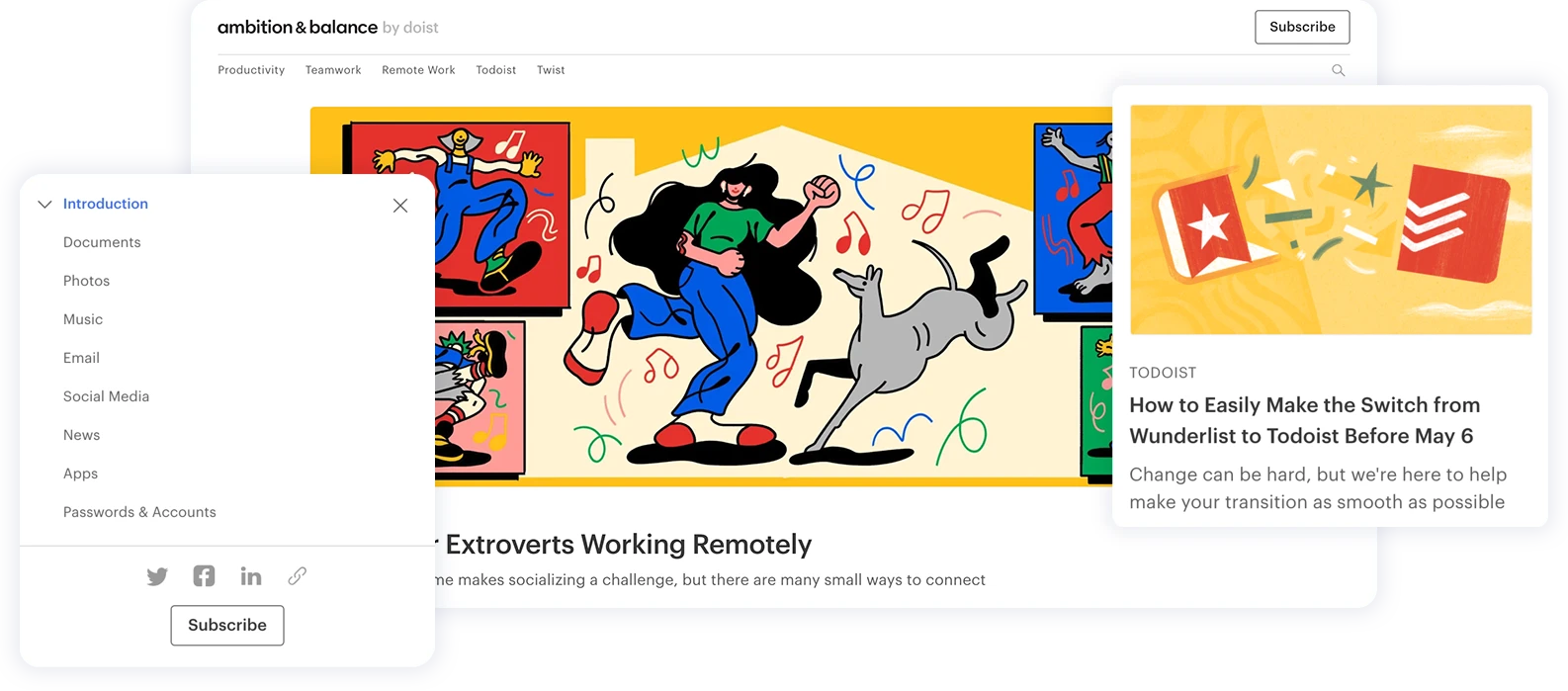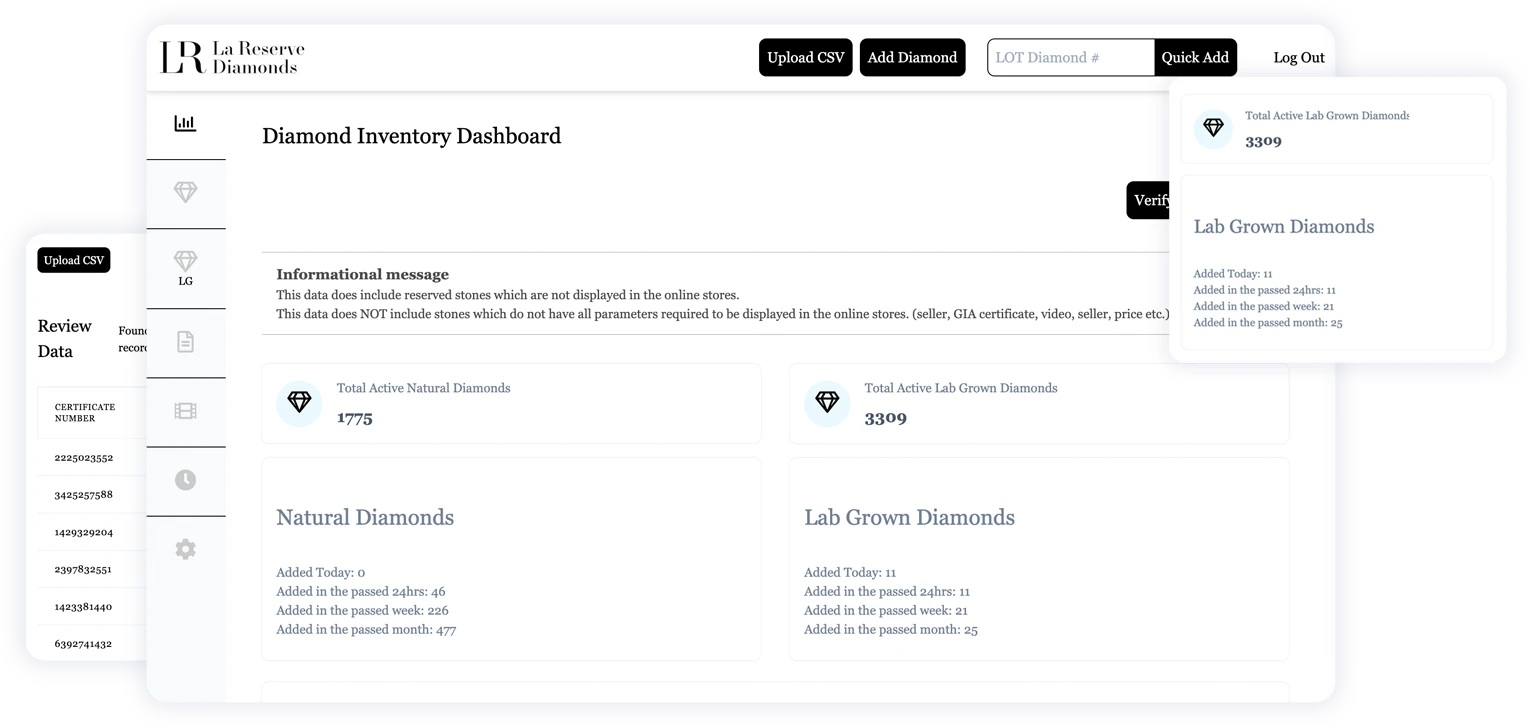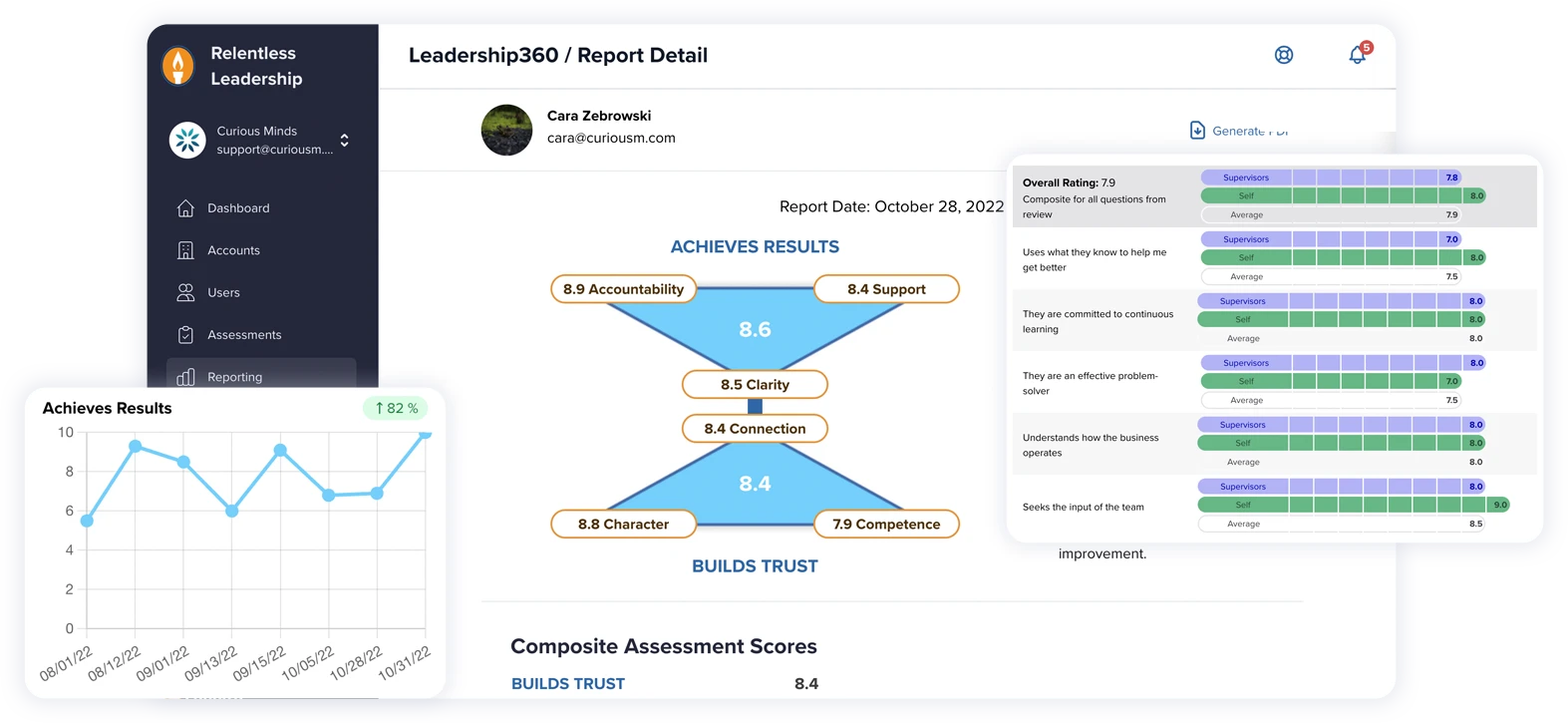When dealing with data privacy, two important laws stand out: the California Consumer Privacy Act (CCPA) and the General Data Protection Regulation (GDPR). Both aim to protect consumer data but differ in scope, application, and obligations. This guide compares these laws, helping you understand how they affect data protection practices, compliance, and consumer rights. By the end, you will know how to stay compliant in both the US and the EU.
Introduction to CCPA and GDPR
Data privacy is crucial today, and the California Consumer Privacy Act (CCPA) and the General Data Protection Regulation (GDPR) are key laws in this area. The CCPA applies to the US, while the GDPR applies to the EU. Understanding these laws is important for anyone interested in data privacy.
The GDPR, implemented in May 2018, aims to give EU citizens more control over their personal data and ensure consistent data protection rules across Europe. It applies to any organization handling the personal data of EU residents, no matter where the organization is located.
The CCPA came into effect on January 1, 2020, and focuses on protecting the personal data of California residents. It gives Californians several rights, including knowing about data collection practices, requesting data deletion, and opting out of data sales. Unlike the GDPR, the CCPA mainly targets for-profit entities that meet certain criteria, such as making over $25 million annually.
While both CCPA and GDPR aim to enhance consumer privacy, they take different approaches. A data privacy laws comparison shows that, despite their common goals, they achieve them in distinct ways.
Scope and Applicability
When examining the scope and applicability of the California Consumer Privacy Act (CCPA) and the General Data Protection Regulation (GDPR), you will see that both laws aim to protect consumer data but differ in their reach. Let's explore these key differences and similarities:
The GDPR applies widely across the European Union (EU) and extends beyond. Any company, whether in the EU or not, must comply with GDPR if it handles the personal data of EU residents. This broad application means businesses worldwide need to follow GDPR rules, especially if they provide products or services to EU residents or track their behavior.
In contrast, the CCPA is more focused geographically, targeting businesses that operate in California or handle personal data of California residents. Not every business needs to follow CCPA; it mainly applies to for-profit entities meeting one or more of these criteria:
Annual gross revenues over $25 million
Buy, receive, or sell the personal data of 50,000 or more consumers, households, or devices
Earn 50% or more of their annual revenue from selling consumers' personal information
While GDPR has a broader geographic reach, CCPA's criteria focus more on business size and operations. The important point is to know where your operations and customers are, as this will determine which of these privacy laws you need to follow. Ignoring the scope and applicability can lead to serious penalties and compliance issues.
Consumer Rights and Business Obligations
Consumer rights and business obligations under the CCPA and GDPR are key parts of data protection. These regulations give consumers control over their personal data and require businesses to be transparent and accountable in their data practices.
Under the GDPR, individuals, known as "data subjects," have several important rights. These include the right to access personal data, correct inaccuracies, request deletion (also called the "right to be forgotten"), and the right to data portability. They can also restrict or object to data processing in certain cases.
The CCPA offers similar rights but defines them a bit differently. California residents can know what personal information is collected about them, request deletion of their data, opt-out of the sale of their information, and be free from discrimination for exercising these rights. Notably, the CCPA's opt-out right is more specific compared to the GDPR's broader consent requirements.
For businesses, complying with these laws involves strict duties. Both GDPR and CCPA require companies to be clear about their data collection practices through detailed privacy policies. They must also conduct regular data protection impact assessments and have strong security measures in place. The GDPR also requires some organizations to appoint a Data Protection Officer (DPO).
Navigating these obligations can be complex, but understanding and respecting consumer rights is essential for compliance and building trust with consumers.
Enforcement and Penalties
Understanding the enforcement and penalties under the CCPA and GDPR is crucial for ensuring compliance and avoiding hefty fines. Both regulatory frameworks have distinct mechanisms and repercussions for non-compliance, reflecting their unique legislative environments.
GDPR Enforcement and Penalties: The General Data Protection Regulation (GDPR) is enforced by data protection authorities (DPAs) in each EU member state. These authorities can investigate, conduct audits, and impose sanctions. Penalties under the GDPR can be very high, up to 4% of a company's global annual revenue or €20 million, whichever is higher. Sanctions may also include warnings, reprimands, and orders to comply within certain timeframes. These steep fines show the EU's strong commitment to data protection.
CCPA Enforcement and Penalties: On the other hand, the California Consumer Privacy Act (CCPA) is mainly enforced by the California Attorney General's Office. Businesses that violate the law may face civil penalties of $2,500 per unintentional violation or $7,500 per intentional violation per incident. Unlike GDPR, CCPA also includes a private right of action which allows consumers to sue for data breaches. Statutory damages range from $100 to $750 per incident, or actual damages, whichever is greater. This gives consumers more power and adds extra responsibility for businesses.
While both laws aim to protect consumers, the differences in their enforcement strategies and penalties show the different approaches to data privacy in the EU and the US.
Key Differences and Implications
When comparing GDPR compliance vs CCPA compliance, several key differences matter a lot for businesses and consumers. One big difference is their geographical scope. GDPR applies to any company handling the data of EU residents, no matter where the company is located. CCPA, however, is specific to businesses in California or those dealing with California residents.
Another major difference is how each law defines personal data. GDPR has a broader definition, including things like IP addresses and location data. CCPA also has a wide definition but does not specifically mention some categories covered by GDPR. This difference affects how businesses plan their compliance strategies for each law.
These differences mean that companies, especially those operating internationally, need a detailed approach to meet both laws. Not doing so can lead to heavy fines and damage to their reputation. This highlights the need for a strong data protection strategy.
Bottom Line
The CCPA and GDPR, while both aimed at protecting consumer data, have distinct requirements and scopes. By examining these differences closely, you can better handle data protection across different regions. Complying with both the CCPA and GDPR helps avoid legal issues and builds consumer trust.
Keep yourself updated, adjust your strategies, and prioritize privacy to meet global data protection standards. Curious Minds Media is here to support you in your compliance journey, offering expert advice and solutions to safeguard your business and your customers' privacy.



















